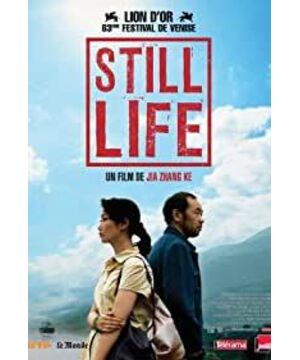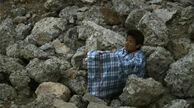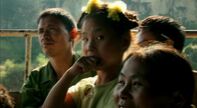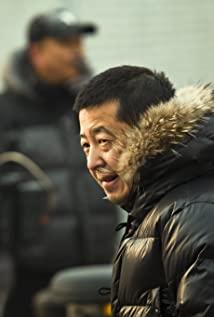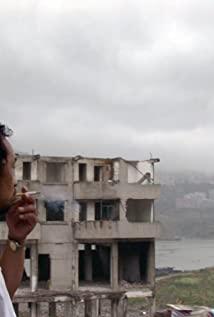After watching all Jia Zhangke's films, "The Good Man of Three Gorges" is undoubtedly not the best, but it is not the worst either.
The good people of Three Gorges got bored in the first 30 minutes. I personally feel that the non-professional actors I found this time are not open enough in terms of dialogue and body movements (and, I don’t think this is more real), when a man named Xiao Ma The story of the appearance of the bastard and the heroine Zhao Tao is a bit of a turning point. Coupled with the absurd plots of flying saucers, buildings taking off, and bridge lighting, it seems that the film has returned to Jia Zhangke's consistent narrative style. Zhao Tao is indeed one of the best acting actresses in China. She has skillfully used her facial expressions and body movements to express complex characters' emotions (but the supporting actors are still so stiff, sigh). The overall storyline is still very simple, just like the platform and Xiaowu, in a seemingly unstable environment, the life trajectories of several small characters. The hero Han Sanming (in reality, a cousin of Jia Zhangke) traveled from Shanxi to Fengjie, "Sichuan" to look for his bought wife and daughter who were rescued by the police 16 years ago. During this period, Fengjie was being demolished everywhere. A frightened immigrant, with tourists passing by on the water, earns some money by demolition of houses and waits for his ex-wife who ran the boat to return in Fengjie; the heroine Zhao Tao also came from Shanxi to find his husband who seems to have made a fortune and finally File for divorce. The two are basically on two lines, nothing to do with each other, the only relationship is that Zhao Tao's husband Bin Ge (a businessman with a triad background) hired Xiao Ma to clean up a person, and then Xiao Ma seemed to be beaten for this matter. die.
The entire film is filled with a lot of impressive little characters and groups that basically flash by. I don't know if I should say they are real, because I believe they exist, but anywhere else, whether it's TV, movies, even in Fengjie, people with cameras should not be able to find them. , they live only in their circle of life. Jia Zhangke still used his best technique, using those songs with the symbols of the times, especially the words "Brother, we are outdated, this river and lake is no longer suitable for us". I really liked the part in the film, that is, the picture of immigrants getting on the boat and heading for their new home is played on the TV, accompanied by the theme song of Shanghai Beach of "Waves, Surge", with an inexplicable feeling that they are sad leave, or go to Shanghai Chongming with an adventurous spirit to start a new life? I can't tell, but it's still wonderful to use Shanghai Beach here.
Countless shots throughout the film are aimed at the scenery of the Three Gorges. The Wushan Yunyu in the background looks so fake behind the characters in the film. When Zhao Tao and her husband hugged and hugged on the embankment in front of the Three Gorges Dam, they finally said they were going to divorce. At the time, the dam in the back, which was in full swing, seemed so eerie and worthless to the individual characters. When Han Sanming, who went to the Three Gorges for the first time, finally had time to appreciate the Three Gorges, he saw that the flying saucer skipped over his head... This is still more Orz. I personally feel that it is still too blunt, and I have no way to understand it well. And the sculpture that resembled the demolished building lifted off like a rocket after Zhao Tao finished hanging his clothes. I feel that Jia Zhangke is too influenced by Takeshi Kitano, and he also likes to use some absurd elements in an attempt to increase the realism of the film.
All in all, for the little people living in the city that was forced to demolish more than 2,000 years because of the construction of the dam, they can't get any benefit from building such a thing. On the contrary, their life order has been broken, and their old life seems to have sunk. Into the bottom, they are now like people on the dock, busy, flustered, doing everything for life. For them, the short-lived pleasures in life are smoking in bed, squatting on the street with three or five people, and playing cards. Building such a dam is like fulfilling the wishes of generations of great leaders.
I read a news report that a TV person from Chongqing TV said that the lives of Chongqing people are all around them, but they just couldn't make a real film like Jia Zhangke. I think they never wanted to shoot real things and put them on TV. Because the closeness and concern for lower-level characters shown by films like "The Good Man in the Three Gorges" is not what the mainstream media likes. The commercialized masses don't like it either.
View more about Still Life reviews


